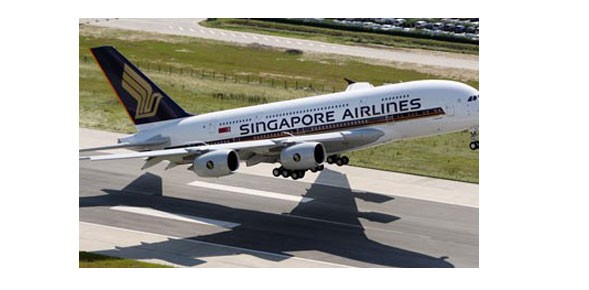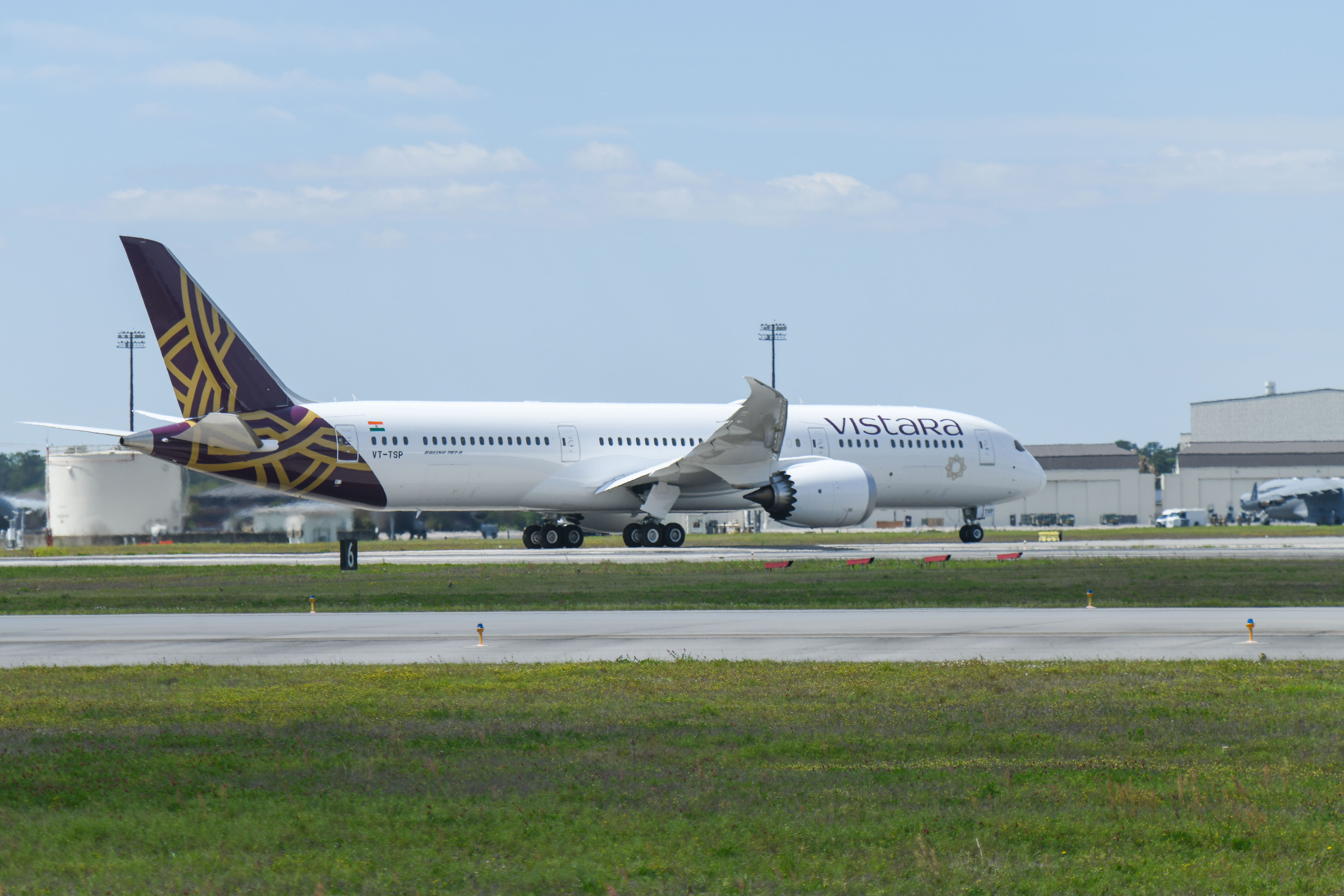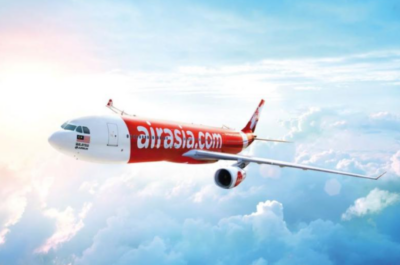Reuters reports that cash-rich Singapore Airlines Ltd will likely need acquisitions or more partnerships as it reshapes its strategy to tap into the fast growing Asian markets and to counter stiff competition from Middle Eastern carriers.
SINGAPORE- SIA‘s cash pile stands at S$4.7 billion, and that is set to increase after it agreed to sell a 49 percent stake in Virgin Atlantic to Delta Air Lines for $360 million. SIA had written off the investment after purchasing the stake in 2000.
China and India, with their combined population of about 2.6 billion people, are obvious growth markets to tap. SIA has tried to buy into the two countries’ carriers previously, without success. “India is opening up, and the airlines there are quite distressed, so it could be one possible area,” said Derrick Heng, an analyst at Phillip Securities.
“SIA is more than capable of funding their acquisitions with a strong balance sheet and whatever cash flows will come from the sale of Virgin Atlantic,” he said.
Singapore Airlines is also taking on low cost rivals with the launch of its own budget carrier, Scoot, and is expanding this line of business across the region. SIA, the world’s second largest airline with a market value of $10.7 billion, is controlled by state investor Temasek Holdings Pte Ltd.
The stake sale in Virgin Atlantic underlines the carrier’s shift away from Europe and the U.S. and back to Asia. SIA says the outlook remains grim as Europe and the United States remain mired in an economic crisis.
The company’s profit and growth are on the decline. The business slowdown has recently forced SIA to cut flying hours for junior pilots, but it has been ordering aircraft and looking beyond the lean times.
“It’s basically surviving this period where global conditions are not very good, and where their strategy is taking time to bed down in Asia,” said Brendan Sobie, chief analyst for CAPA – Centre for Aviation, an industry consultancy.
“They are not going to necessarily lose money, they are not going to be incredibly profitable, but they have the big cash obviously in the bank to wait. It’s not like desperation or anything.”
SIA’s Chief Executive Goh Choon Phong, who took charge in January 2011, has said the carrier needs to again target China and India. SIA bid for a stake in China Eastern Airlines five years ago with Temasek, but its offer was rejected by minority shareholders of the Chinese airline. SIA had also bid for a stake in Indian Airlines in 2000 with the Tata group but then pulled out.
In September, India changed its foreign direct investment policy to allow foreign carriers to buy stakes of up to 49 percent in domestic airlines in a bid to woo investment back.
Even with the economic slowdown in China this year, domestic demand is still growing at 10 percent, the International Air Transport Association says. Millions of new passengers from the country’s rising middle class are taking to the skies each year.
“We’d like to grow more in China and India, but there are some limitations to operations in both those countries,” said SIA spokesman Nicholas Ionides. Though SIA needs acquisitions, it has to reconsider its past strategy such as taking a minority stake in Virgin Atlantic.
SIA is turning to regional cities to tap growth, as Middle Eastern carriers such as Emirates and Qatar Airways grab more market share by enhancing their luxury services, while keeping prices more affordable. Within Asia, margins have also come under pressure due to the rise of budget carriers such as Malaysia’s AirAsia.
SIA, best known for its premium services, has taken low cost airlines head on by launching Scoot, but it might take years before the start-up delivers any meaningful financial returns to the group. Scoot to plies middle distance routes between Singapore and countries such as China and Australia. SIA has also said it will buy a 10 percent stake in Virgin Australia Holdings Ltd for A$105 million to increase pressure on rival Qantas Airways.
“The biggest change is the low cost and multi brand strategy, focusing more on Silk Air, launching Scoot and increasing their involvement in Tiger,” said Sobie. With all of SIA’s operations fully consolidated under the group except Tiger Airways Ltd, SIA could fully privatise the budget carrier. Tiger is currently 33 percent owned by SIA, while Scoot and SilkAir are fully owned.
(Source: Reuters)
Luc Citrinot a French national is a freelance journalist and consultant in tourism and air transport with over 20 years experience. Based in Paris and Bangkok, he works for various travel and air transport trade publications in Europe and Asia.




























































































